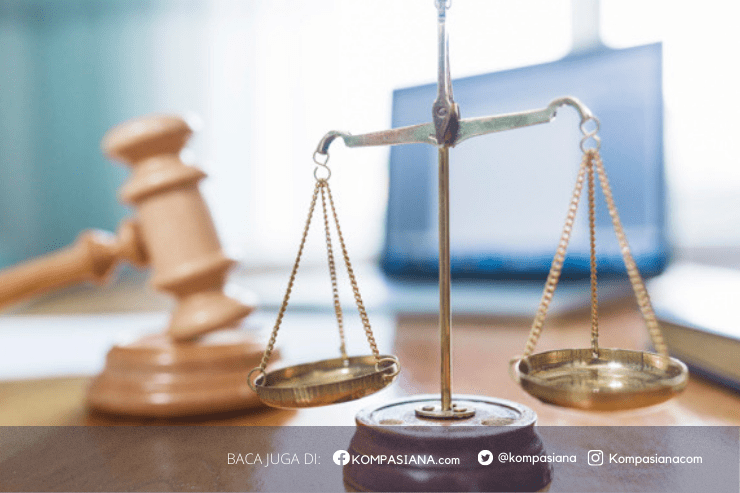Violence against children is a serious problem that continues to be a concern throughout the world, including Indonesia. Although there have been efforts to protect children through various regulations and legal policies, the practice of violence against children still often occurs, both in the family environment and in society. In recent years, there has been an increase in awareness of the importance of child protection and stricter law enforcement against perpetrators of violence.
In this context, it is important to understand the legal dynamics related to violence against children. Strict law enforcement against perpetrators of violence is a crucial step in providing protection for children and raising public awareness of children's rights. In recent years, several high-profile cases have attracted public attention and demonstrated the challenges faced by the legal system in dealing with this issue.
To understand this phenomenon more deeply, several relevant social theories can be applied.
The Cycle of Violence Theory explains that violence often occurs in a recurring cycle. In the context of child abuse, children who experience domestic violence tend to internalize the behavior and may repeat the same patterns when they become parents. In all three cases, it can be seen that the perpetrators often come from backgrounds that have experienced previous violence, either directly or as witnesses. This shows the importance of early intervention to break this cycle of violence.
Social Systems Theory emphasizes that violence against children is not only caused by individuals, but also by structural factors in society. The social, cultural, and economic environment can contribute to the occurrence of violence. For example, in the case of sexual abuse in Bali, environmental factors that support gender and power inequality can worsen the situation. Therefore, policy changes and community education are needed to create a safer environment for children.
In the legal context, it is important to note that Indonesian laws, such as the Child Protection Law, provide a strong foundation for the protection of children's rights. However, Human Rights Theory shows a gap between legal norms and the reality on the ground. Although laws have been formulated to protect children, ineffective implementation and minimal support for victims often hinder the justice process. Support from the community, government institutions, and non-governmental organizations is essential to ensure that children's rights are respected and protected effectively.
In addition, Social Stress Theory states that social pressures, such as poverty and family dysfunction, can increase the risk of violence. In all three cases, the socio-economic background of the perpetrator and victim can influence the dynamics of violence. Therefore, interventions that target poverty reduction and social welfare are essential to prevent violence against children.
Overall, the analysis using these theories shows that violence against children in Indonesia is a complex and multidimensional problem. Although the law has provided a framework for protection, the challenges in its implementation require serious attention from various parties. By understanding the social factors that contribute to violence and adopting a more comprehensive approach in handling these cases, it is hoped that child protection can be improved and violence can be minimized. Collaboration between the government, society, and non-governmental organizations is key to creating a safer environment for children in Indonesia.
Baca konten-konten menarik Kompasiana langsung dari smartphone kamu. Follow channel WhatsApp Kompasiana sekarang di sini: https://whatsapp.com/channel/0029VaYjYaL4Spk7WflFYJ2H







